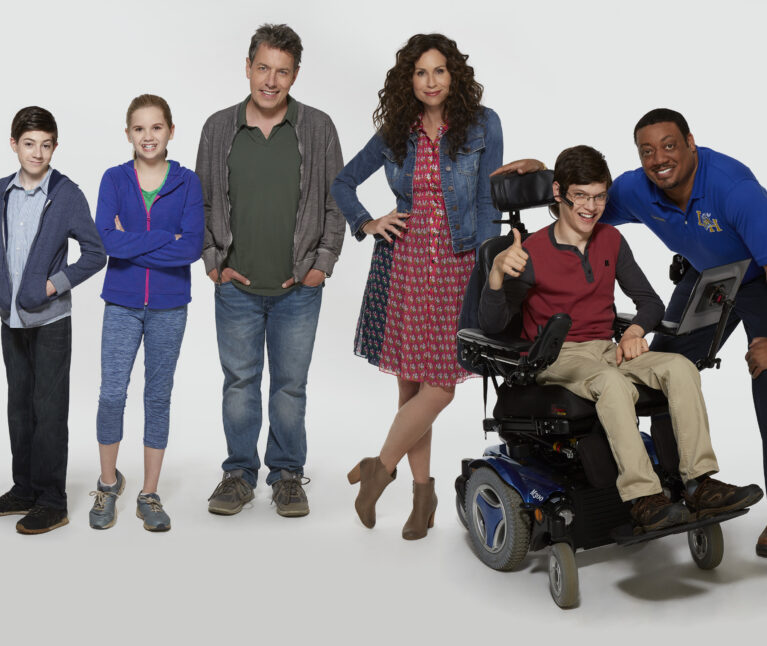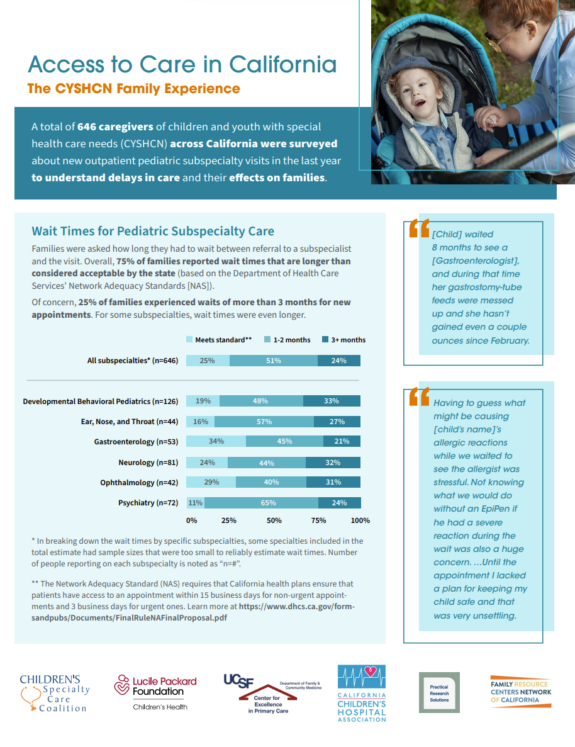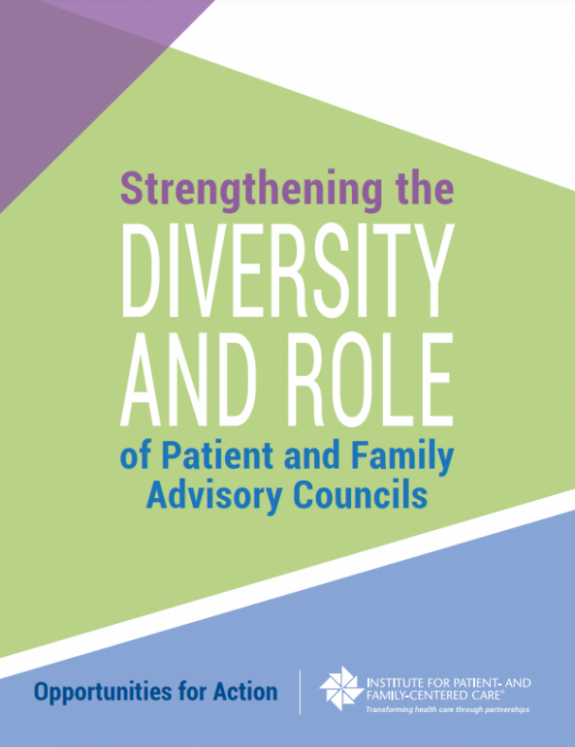On September 21, ABC will premiere its new sitcom, Speechless, about a family with a child who has special needs. The show stars Micah Fowler, a young actor who in real life and in the show has cerebral palsy, and Minnie Driver, who plays the mother of Fowler’s character, JJ. We talked to Melvin Mar, one of the show’s executive producers, to get a behind-the-scenes look at Speechless.
What was the inspiration for Speechless?
It’s based on [co-executive producer of Speechless, and former producer of Friends] Scott Silveri’s life. His brother has cerebral palsy. Scott and I went to lunch one day and he told me about his brother. I was fascinated by how he characterized his brother, because I didn’t really know what cerebral palsy was. Hearing that his brother had an attitude growing up—I loved that characterization. You don’t get to see that side of special needs when it’s brought up in the media. That is a cool portrayal and it needs to be on TV.
Other shows such as Glee have featured characters with special needs. What makes Speechless different?
It’s about the family. Families that have kids with special needs will either pull closer together or divide further apart. It’s not just about JJ but it’s about everyone else.
Our Foundation funds partners to train parents of kids with special needs to advocate for a better system of care. It seems like this is a big theme of Speechless, given that Minnie Driver’s character, Maya, is constantly fighting for equal access for JJ.
The mothers of children with special needs become supermoms. They have to fight for things that should already be available. I don’t know how these parents do it. This will be an ongoing theme, not in a soapbox way, but it’ll be around. It’s a big part of Maya’s character.
In the opening scene of the premier, JJ makes a vulgar gesture when he sees two teens gawking at him. Is this irreverence a theme that we’ll see throughout the season?
The big message is that the show has a point of view when it comes to families with special needs. It’s supposed to be uplifting but at the same time, we’re poking fun at people for being overly PC or not PC enough. We’re sparking conversation in a cool way.
What kind of research did the writers do to ensure that JJ’s character was a responsible representation of someone with cerebral palsy?
We’ve gone to great lengths to compose the writers’ room with people who have that experience. We have writers who are parents of kids with special needs. Another writer has a brother with special needs. We are involved with the Cerebral Palsy Foundation. We are going to great lengths to make sure that the show is respectful and technically correct.
You’re also the executive producer of Fresh Off the Boat, which is about to enter its third season. Both of these shows are about minority communities in the US. What lessons can you draw from Fresh Off the Boat that can be applied to Speechless?
People always have different opinions on what is PC and what is not. The big lesson I learned from Fresh Off the Boat is to always handle a point of view with respect.
ABC is the network home of Speechless, Fresh Off the Boat, Black-ish and Meet the Goldbergs. ABC has shown that diverse programming can appeal to all and make money. Do you think other networks will follow suit?
I think so. When Fresh Off the Boat got its second season, it turned a lot of heads. And Speechless is making waves. I completely applaud the folks at ABC. It was Paul Lee [former president of ABC entertainment] who picked up Speechless. And Channing Dungey [current president of ABC entertainment] has been a great supporter. They’ve really figured out their niche, which is great family comedies. It’s working and it’s great.
How does timing make a difference? Why do you think these shows can succeed right now?
The business model of TV is shifting because there are so many options now, so you have to make shows that break through and stand out in some way. Plus, these markets are growing. There are a lot of parents who have kids with special needs. The Asian American community in the US is growing. 20th Century and ABC are letting us put on these shows about families who have never been on TV before. It’s a huge deal to see your point of view represented on TV.



